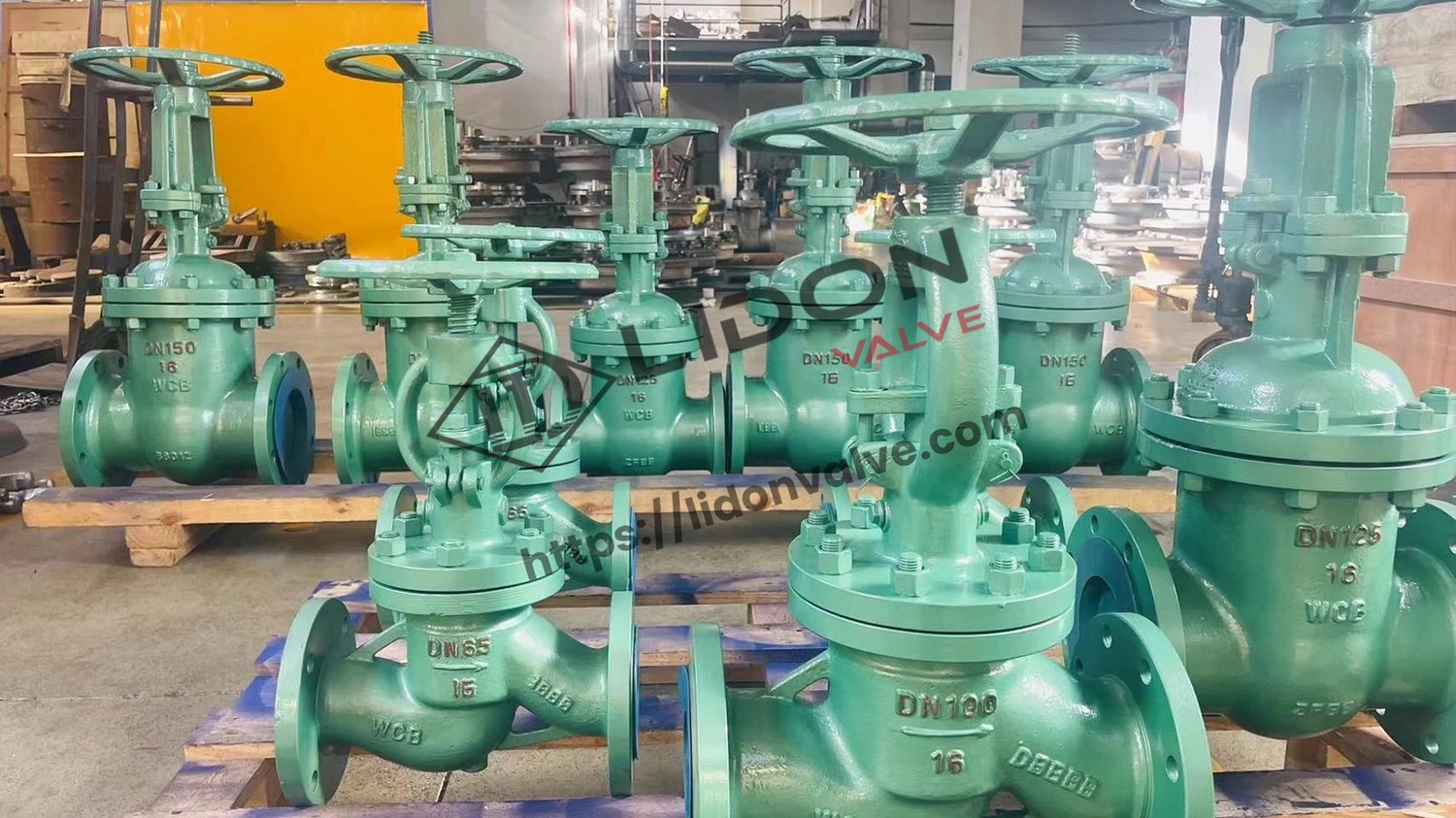Introduction
When it comes to creating a vacuum system, one crucial component is the vat vacuum gate valve. These valves play an essential role in controlling the flow of gas or liquids in a vacuum chamber. In this comprehensive guide, we will delve into the world of VAT vacuum gate valves, exploring their functionality, types, applications, and the benefits they offer. Whether you are a scientist, engineer, or simply curious about vacuum technology, this article will provide you with valuable insights.
Understanding VAT Vacuum Gate Valves
VAT vacuum gate valves are mechanical devices designed to control the flow of gases or liquids in a vacuum system. These valves are typically used to isolate different sections of the system, allowing for efficient maintenance and repairs. VAT vacuum gate valves are known for their reliability, precision, and durability, making them a popular choice in various industries.
The Types of VAT Vacuum Gate Valves
VAT vacuum gate valves come in different types, each designed for specific applications. Some of the commonly used types include:
1. Pneumatic VAT Vacuum Gate Valves
Pneumatic VAT vacuum gate valves are operated using compressed air or gas. These valves are highly efficient and provide quick response times. They are often used in applications where precise control of gas flow is required.
2. Manual VAT Vacuum Gate Valves
Manual VAT vacuum gate valves are manually operated and do not require any external power source. They are simple to use and are commonly found in smaller vacuum systems or laboratory setups.
3. Electromagnetic VAT Vacuum Gate Valves
Electromagnetic VAT vacuum gate valves utilize an electromagnetic actuator to control the valve opening and closing. These valves offer precise control and are often used in high-precision applications, such as semiconductor manufacturing or research laboratories.
Applications of VAT Vacuum Gate Valves
VAT vacuum gate valves find applications in a wide range of industries, including:
1. Semiconductor Manufacturing
In the semiconductor industry, VAT vacuum gate valves are crucial for maintaining a clean and controlled environment during the fabrication process. These valves help control the flow of gases and liquids in various stages of semiconductor manufacturing.
2. Pharmaceutical Industry
Pharmaceutical companies often use VAT vacuum gate valves in their manufacturing processes. These valves aid in maintaining a sterile environment, controlling the flow of liquids, and preventing contamination.
3. Research and Development
In research and development laboratories, VAT vacuum gate valves are utilized in experimental setups and vacuum chambers. They allow scientists and engineers to control the flow of gases and liquids precisely, enabling accurate measurements and observations.
The Benefits of VAT Vacuum Gate Valves
VAT vacuum gate valves offer numerous advantages over other types of valves. Some of the key benefits include:
1. Reliable Performance
VAT vacuum gate valves are known for their reliability and long lifespan. They are designed to withstand harsh operating conditions, ensuring smooth operation even in demanding environments.
2. Precise Control
These valves provide precise control over the flow of gases or liquids. Their design allows for accurate adjustment of the valve opening, enabling fine-tuning of the vacuum system.
3. Easy Maintenance
When maintenance or repairs are required, VAT vacuum gate valves can be easily disassembled and serviced. This minimizes downtime and ensures the smooth functioning of the entire vacuum system.
Conclusion
VAT vacuum gate valves are essential components in vacuum systems, offering reliable performance, precise control, and easy maintenance. Whether you are involved in semiconductor manufacturing, pharmaceuticals, or research and development, understanding the functionality and applications of these valves is crucial. By choosing the right type of VAT vacuum gate valve for your specific needs, you can ensure the efficient operation of your vacuum system and achieve optimal results.

